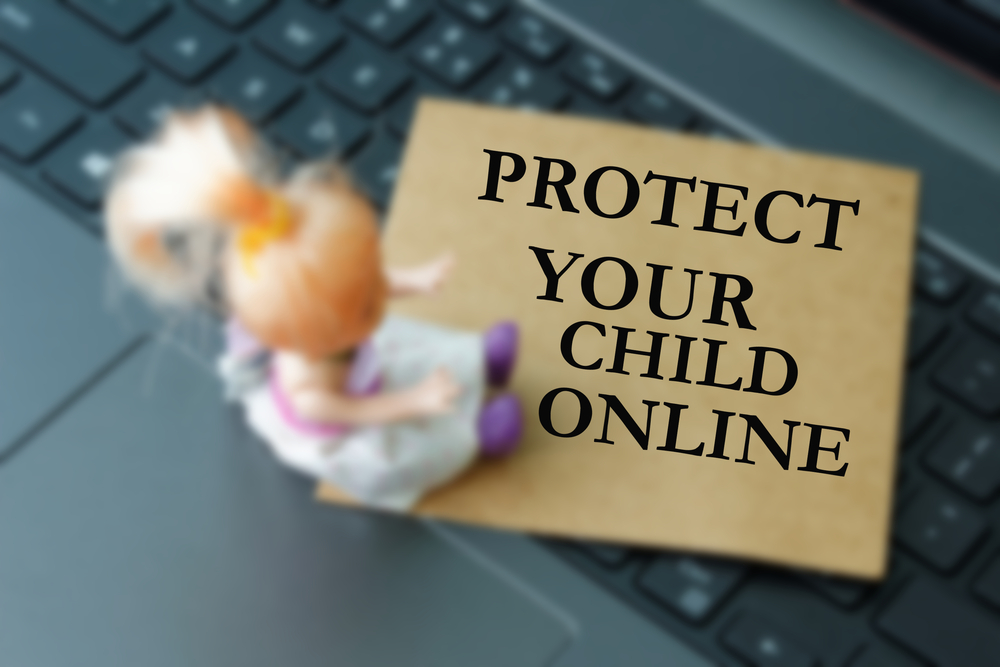› Keeping Your Children Safe Online: Essential Tips to Avoid Child Predators
Keeping Your Children Safe Online: Essential Tips to Avoid Child Predators
posted by Karen Quinn, The Testing Mom - February 3rd, 2024
The digital age has brought us many conveniences and a wealth of information at our fingertips. However, the increased access to the internet also comes with potential threats, especially for our children. As parents of young kids, it’s crucial to learn how to protect our children from online predators. Let’s explore some essential online safety tips and strategies to shield your child from online predators.
Understanding Online Predators
Online predators are individuals who commit child sexual exploitation by using the internet as a tool to manipulate, deceive, and victimize children. They can hide behind the anonymity the internet offers, making it even more critical for parents to maintain a vigilant eye on their child’s online activities.

Tips to Protect Your Child Online
Here’s a table outlining some valuable tips to help ensure your child’s online safety:
| Online Safety Tips | Description |
|---|---|
| Maintain Open Communication | Talk to your child about the potential dangers online, ensuring they understand the risks in a way that is age-appropriate. |
| Set Rules and Guidelines | Create a set of rules for using the internet, such as limiting screen time, approved websites and setting privacy settings to the highest level. |
| Teach Online Etiquette | Educate your child about the importance of not sharing personal information online, like their full name, address, or phone number. |
| Monitor Online Activity | Keep an eye on the websites your child visits, the apps they use, and their social media activity. |
| Use Parental Controls | Utilize built-in parental controls on devices and third-party software to filter, monitor, and block inappropriate content. |
| Know their Online Friends | Just as you want to know your child’s friends in real life, get to know who they interact with online. |
| Encourage Reporting | Teach your child to report any uncomfortable online interactions to you immediately. |
Implementing these tips can help provide a safer online environment for your child, but remember that no tool or method is 100% foolproof. Continued dialogue and education about online safety are also essential.
Start the Conversation
One of the most effective ways to protect your children online is by maintaining open lines of communication about their online experiences. Encourage them to share both positive and negative encounters. Let them know they won’t get in trouble if they report uncomfortable interactions or if they inadvertently break the rules. It’s vital that your child feels safe to approach you with any issues they encounter.
Use Tools to Your Advantage
Technology is not all bad. There are numerous tools and software parents can use to shield their young ones from unsuitable content. Parental control features can limit internet access, filter adult content, and even monitor online activities. Explore these options and decide what works best for your family.
Educate Them
As the saying goes, knowledge is power. Teach your child about the implications of sharing personal information online and how predators may use this information. Regularly discuss online etiquette, privacy settings, and the concept of ‘stranger danger’ in the digital world.
While the internet can pose risks to our children, with proactive strategies, we can significantly reduce these dangers and create a safer online environment. Online safety is a shared responsibility, requiring constant communication, education, and vigilance. By following these tips, we can help protect our children and ensure they have a positive and safe online experience.
Remember, every child and situation is unique, so stay informed about the latest online safety tips and adjust your strategies as needed to ensure your child’s online world is as safe as possible. After all, the internet is a powerful learning tool, and with the right safety measures in place, it can be a safe and enriching space for our children.



Tell us about your experiences